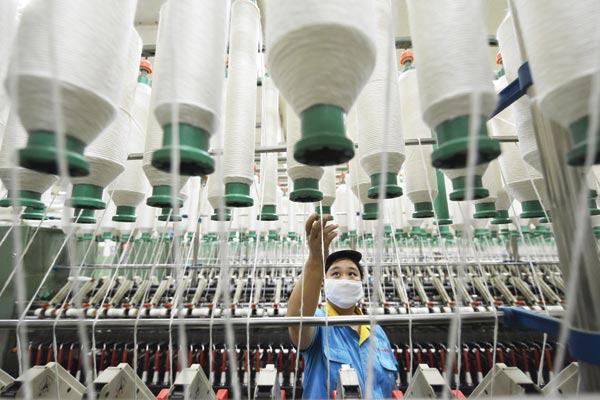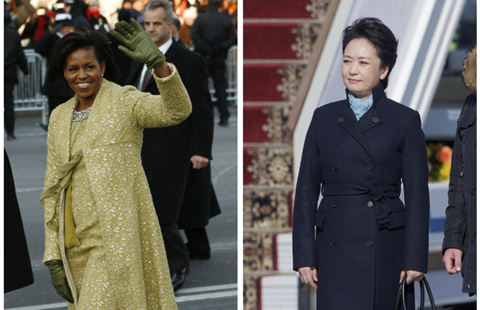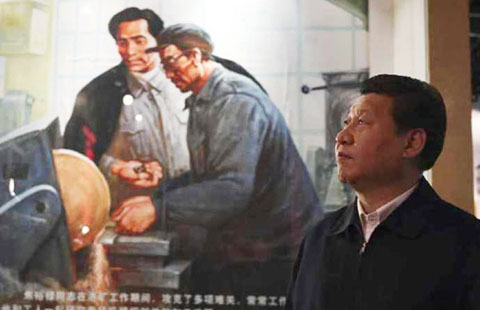China is Bolivia's biggest textile provider
Updated: 2014-03-17 05:13
By Eliana Kirshenblat in New York (China Daily Latin America)
|
||||||||
China has become the No 1 supplier for textiles to Bolivia, providing 39 percent of the country's imports and surpassing the United States for the third year in a row, according to a report.
Bolivia's textile imports grew by 91 percent over the last six years, rising to $48 million in 2013 from $25 million in 2008, according to this month's report from the Bolivian institute of foreign trade (IBCE). Of that total amount, Bolivia imported $18 million worth of textiles from China, $11 million from Brazil and $6 million from Peru.
 |
 |
Textiles and apparel exports from Bolivia have been in decline since 2010, falling to $30 million in 2013 from $41 million in 2010.
The widening gap in imports and exports can be traced back to the loss of the Andean Trade Promotion and Drug Eradication Act, according to the country's National Statistics Institute (INE). Under the act, the US allowed duty-free treatment for certain products from Bolivia, Ecuador, Colombia and Peru.
The loss of the preferential treatment hit Bolivia hard, and it has yet to find suitable alternative markets for its exports, according to the INE. Bolivia has also experienced a decline in demand from foreign markets.
China is the main country from which Bolivia buys textiles, and Bolivia's primary export markets are domestic partners, with Venezuela and Chile the leading destinations.
The US is one of its top five destinations for textiles and is still among its top three countries for export overall, according to an earlier IBCE report.
While textiles are its biggest import from China, Bolivia also imports many other products from the world's second largest economy, including motorcycles, televisions and herbicides. As in Brazil and Uruguay, China has cornered the market on providing technology and transportation (mainly automobiles and their parts) to Bolivia, which sells minerals and lumber to China.
Bolivia's textile imports include parts or accessories for clothing, which accounted for 7 percent of total foreign purchases, followed by cotton T-shirts (5 percent) and corsets (4 percent).
Imported textiles, clothes and shoes are up to 70 percent cheaper than those produced in Bolivia, where labor is mostly still done by hand and at a much smaller scale than in China.

 Fashions of the first ladies
Fashions of the first ladies
 Pro-Russian forces take over Ukraine's naval HQ
Pro-Russian forces take over Ukraine's naval HQ
 New US envoy hits ground running
New US envoy hits ground running
 HK cellist to perform at Carnegie Hall
HK cellist to perform at Carnegie Hall
 Skyscrapers in E China resemble LV check pattern
Skyscrapers in E China resemble LV check pattern
 President Xi honors memory of devoted county Party chief
President Xi honors memory of devoted county Party chief
 More than just food
More than just food
 Miss world visits cancer children in Colombia
Miss world visits cancer children in Colombia
Most Viewed
Editor's Picks

|

|

|

|

|

|
Today's Top News
Tour adds 'new dimension' to Sino-US ties
Hunger strike off, anger remains
China largest holder of US debt
California shelves proposal
Chinese treasures on the block
China must expand inbound tourism
Tourists offered compensation for bad air days
US first lady's China visit to boost relations
US Weekly

|

|






